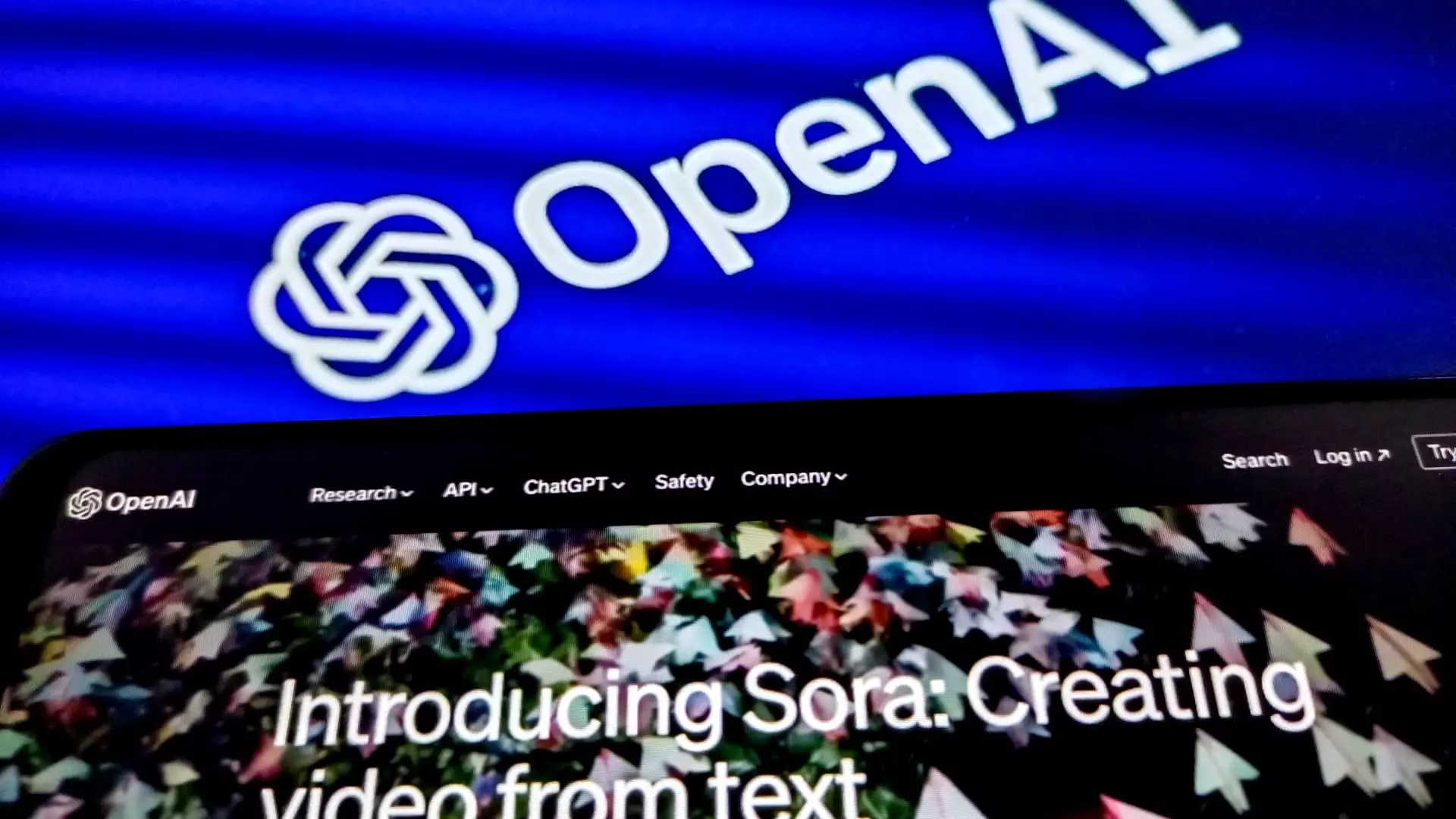In recent years, sovereign wealth funds (SWFs) from the Middle East have increasingly positioned themselves as formidable players in the global technology investment landscape, particularly in the domain of artificial intelligence (AI). With ambitious goals to diversify their economies beyond oil, nations such as Saudi Arabia, the United Arab Emirates (UAE), Kuwait, and Qatar are channeling unprecedented amounts of capital into tech start-ups. This shift has fundamentally altered the dynamics of investment in Silicon Valley, raising questions about the future trajectory of AI development and the implications of such financial shifts.
Data from Pitchbook illustrates a remarkable fivefold increase in investments made by Middle Eastern sovereign funds into AI firms over the past year. These investments reflect a strategic shift aimed at reducing economic dependency on fluctuating oil prices. Notably, the establishment of MGX, a new AI-focused fund based in the UAE, signals this interest, as it recently sought opportunities in high-profile investments like OpenAI. With valuations of companies like OpenAI reaching astronomical heights—around $150 billion—it is evident that few venture capital firms possess the financial capabilities to compete with the substantial resources these sovereign funds bring forth.
The financial clout of these SWFs is compelling. The Gulf Cooperation Council (GCC) countries are projected to see their total wealth soar from $2.7 trillion to $3.5 trillion by 2026, as reported by Goldman Sachs. Individual funds, such as Saudi Arabia’s Public Investment Fund (PIF), with over $925 billion under management, are engaged in aggressive investment campaigns. Crown Prince Mohammed bin Salman’s Vision 2030 initiative underscores this commitment to modernizing the Saudi economy through diverse investments ranging from technology to sports.
Partnerships have become essential in the pursuit of cutting-edge technology infrastructure. For instance, MGX has joined forces with prominent players like BlackRock and Microsoft to establish a formidable presence in AI infrastructure. This coalition aims to amass up to $100 billion for developing data centers and similar assets, effectively positioning the UAE as a regional hub for AI innovation.
Additionally, the Mubadala Investment Company is playing a pivotal role in this landscape, actively investing in AI firms such as Anthropic while pursuing various other ventures. Abruptly noteworthy is the contrasting approach of Anthropic, which has opted to forgo investment opportunities from Saudi Arabia due to concerns related to national security. Such decisions reflect the complexities and moral dilemmas faced by companies when considering partnerships with Middle Eastern sovereign entities, particularly in light of the kingdom’s human rights record.
While the influx of capital from Middle Eastern SWFs has the potential to ignite growth in the technology sector, it also raises concerns, reminiscent of the “SoftBank effect.” The fear stems from the way SoftBank’s Vision Fund applied immense pressure on companies like Uber and WeWork, ultimately leading to unsustainable valuations followed by catastrophic business repercussions. WeWork’s dramatic decline from a valuation of $47 billion to bankruptcy in 2020 serves as a cautionary tale for investors.
Moreover, the geopolitical dimensions of these investments introduce another layer of complexity. The U.S. aims to encourage sovereign wealth funds from friendly nations to invest domestically, minimizing engagement with perceived adversaries like China. This underlying geopolitical strategy highlights the delicate balance between securing financial investments and navigating international relationships.
The evolution of Middle Eastern sovereign wealth funds and their active role in high-tech funding is indicative of a broader trend wherein global power dynamics, economic diversification efforts, and technological advancements converge. As these nations pour vast amounts of capital into the AI sector, the potential for transformation in both local and global economies is immense, yet fraught with challenges.
The sustainability of this investment surge remains uncertain, dependent not only on market conditions but also on the political climate and ethical considerations of partnering with nations that have controversial human rights practices. As these funds continue to shape the landscape of AI and technology investment, stakeholders must remain vigilant about the implications their investments carry, both from a financial and moral perspective.
The ascendance of Middle Eastern sovereign wealth funds as key investors in the AI space marks a significant shift in the global technology funding landscape. As these nations pursue diversification and modernization strategies, stakeholders inside and outside Silicon Valley must navigate the evolving dynamics of these investments, all while considering the broader implications for international economic relations and ethical considerations in investment practices. The future of AI investment, therefore, lies not only in financial returns but also in the responsibilities that come with such power.


Leave a Reply